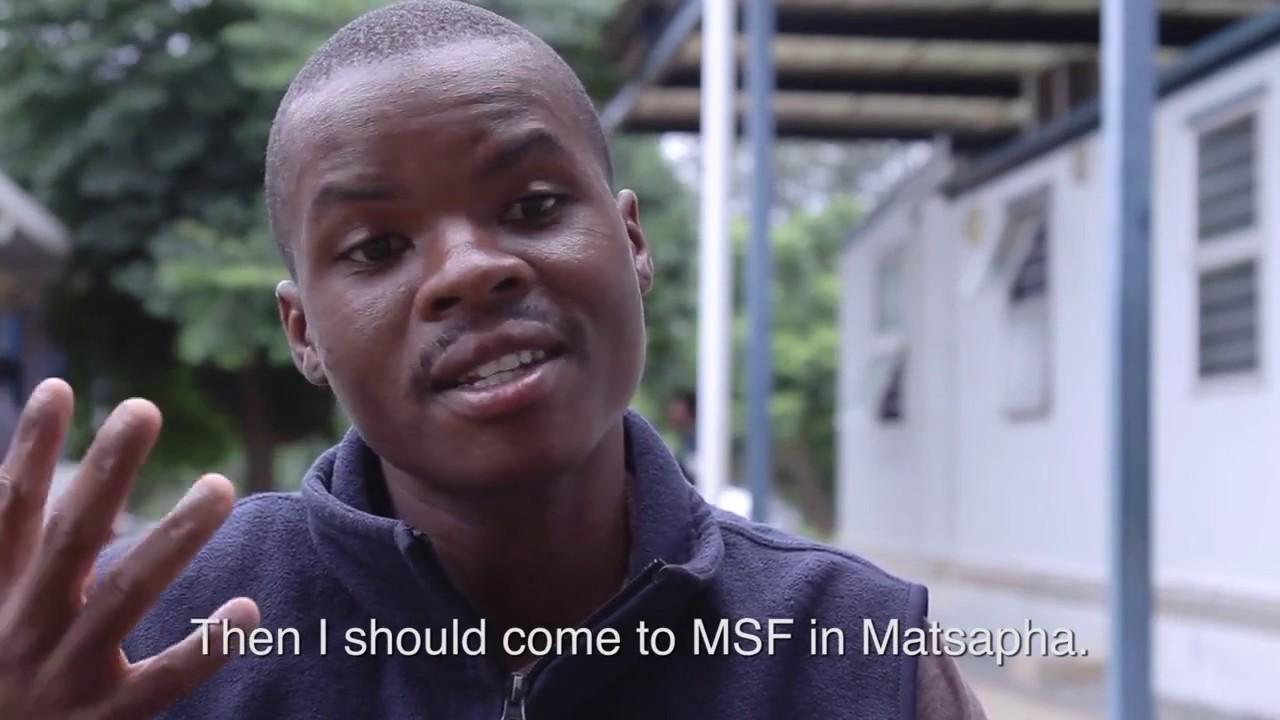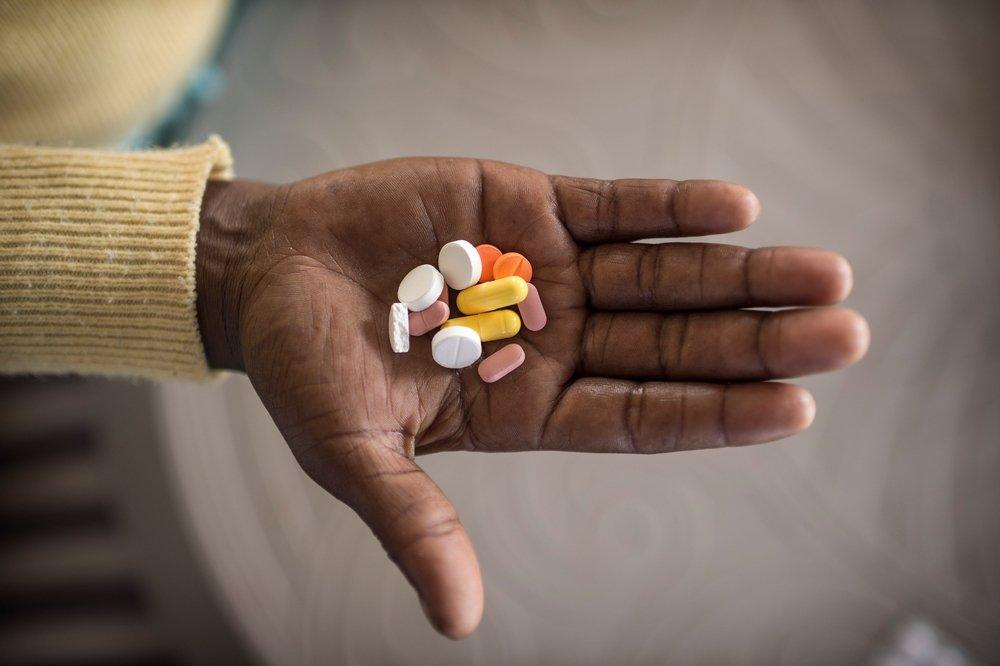
YouTube Video (Auim_Xs7_j8)
This video features Phumlani, a patient from our TB program in Eswatini, highlighting the benefits of new TB drugs and shorter treatment regimens. The video also shows the sign language program for patients who’ve gone deaf as a result of their TB treatment. Filmed in November 2016.
Eswatini has one of the highest rates of TB and Multi-Drug Resistant TB (MDR-TB) worldwide while 80% of people in Eswatini who contract TB are HIV positive.
With 9.4 million new cases and 1.7 million deaths each year, tuberculosis (TB) is one of the developing world’s biggest killers; and 85 percent of cases occur in Asia and Africa. Eswatini also has one of the highest rates of TB and Multi-Drug resistant (MDR-TB) TB worldwide while 80% of people in Eswatini who contract TB are HIV positive.
MSF in Eswatini is using shorter TB treatment regimens (9 months instead of the usual 2 years), and for eligible patients, the newest drugs for the hardest to treat symptoms. These new drugs: Bedaquiline and Delaminid, are the first new tuberculosis drugs in almost 50 years. Along with being more effective, they have fewer side effects (with no risk of full or partial deafness). While the new drugs show promising results, access to new TB drugs worldwide is limited. In October 2016, it was estimated that, globally, only 5,738 patients have been able to access Bedaquiline, and 405 patients have had access to Delamanid.
